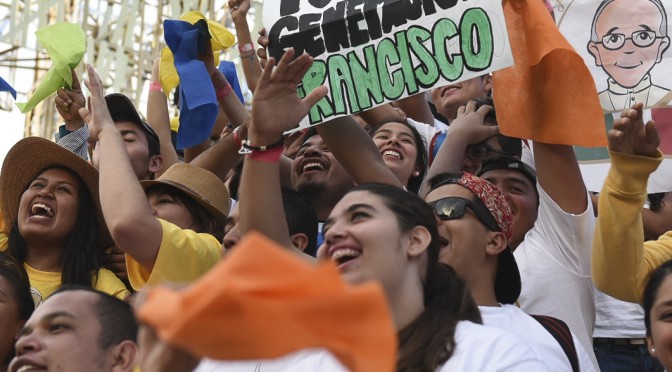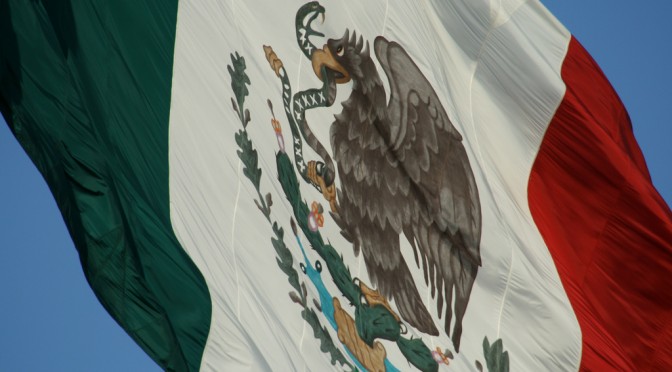Dan La Botz, an Adjunct Professor at the Murphy Institute, on the publication of his new book, The Nicaraguan Revolution: What Went Wrong: A Marxist Analysis, published by Brill. In this volume, La Botz argues that the FSLN—the Sandinistas—failed to maintain a commitment to democracy, thus undermining the promise of the revolution.
Dan La Botz has a Ph.D. from the University of Cincinnati and is the author of ten books on labor, social movements, and politics in the United States, Mexico, Indonesia and Nicaragua. Dan teaches the Capstone and Perspectives in the Labor Movement course at the Murphy Institute. He has also taught in the History Department and Labor Studies program at Queens College and in the Sociology Department of Brooklyn College. Additionally, he serves as editor of the Mexican Labor News and Analysis and is the co-editor of New Politics.






